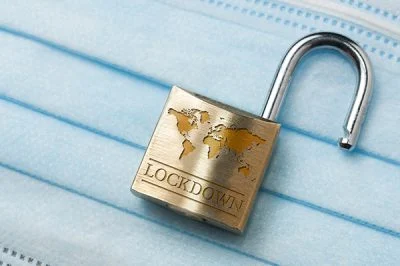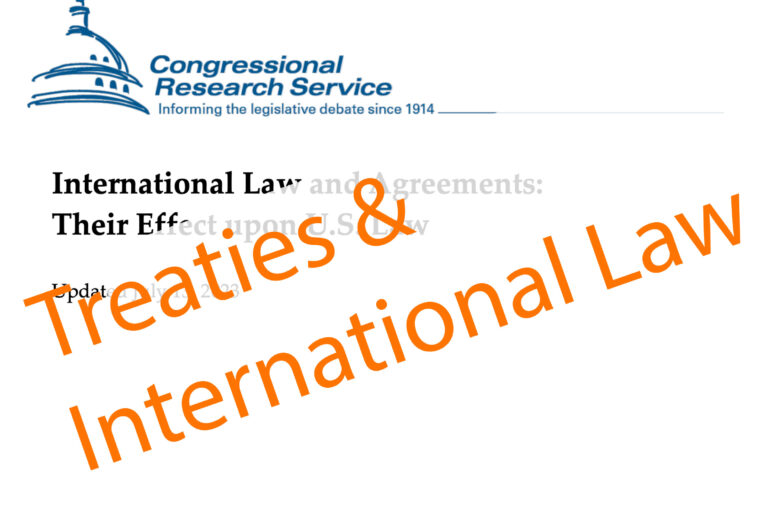This article is a repost with permission from Global Research
Dennis Francis, president of the UN General Assembly (UNGA), has ignored the objections of 11 countries and approved the UN declaration on Pandemic Prevention, Preparedness and Response without submitting it to a full assembly vote.
This declaration aims to form a global pandemic authority that has a range of disturbing powers, such as the ability to enforce lockdowns, push for universal vaccination and censor what it deems “misinformation.”
Some of the points it calls for include:
Increased surveillance and digital health documents: The declaration supports the use of digital health technologies for “implementing and supporting health measures and bolstering national response efforts” in the event of a health emergency or pandemic. Vaccine passports would fall under the category of digital health technologies.
Universal vaccination: Another alarming component of the declaration is the “deep concern” it expresses about dropping vaccination rates around the world. It vows to support the research and development of vaccines, calling routine vaccination a cost-effective and efficient public health intervention. The declaration calls for improving “routine immunization, vaccination and outreach capacities, including by providing evidence-based information on promoting confidence, uptake, demand,” in addition to “expanding vaccine coverage to prevent outbreaks as well as the spread and re-emergence of communicable diseases.”
Making COVID-19-related temporary powers permanent: The declaration also emphasizes the need to build on the practices and lessons that were learned from the pandemic and turn temporary powers into permanent ones sustainably.
Establishing a pandemic fund: The declaration seeks to launch a pandemic fund of $30 billion per year for “critical investments” related to preparing for and responding to pandemics.
Censoring vaccine critics: The new declaration also voices “concern that health-related misinformation and disinformation negatively impacted routine immunization services globally” and calls for measures to be implemented to address what it considers to be misinformation, particularly on social media platforms. It also wants to take steps to counteract vaccine hesitancy and create more trust in public health authorities.
Supporters of the declaration believe it will aid worldwide collaboration in preventing pandemics and improving public health. The World Health Organization claims it will apply some of the lessons that were learned during the COVID-19 pandemic.
However, the move is causing a lot of concern among those who understand its implications, like Center for Security Policy President Frank Gaffney, who calls it “unprecedented.”
He said: “There’s no getting around the fact that it’s going to come at the expense of the sovereignty of the various nations that will subsequently be told that they have an emergency and told what they have to do about it.”
Bioweapons expert and international law professor for the University of Illinois, Francis Boyle, J.D., Ph. D., said: “This is a full-court press to have the entirety of the United Nations Organization, its specialized agencies and its affiliated organizations, back up and support their proposed globalist WHO worldwide totalitarian medical and scientific police state.”
Critics are also concerned that the declaration’s support of COVID-19-style restrictions will close schools and essentially force women out of their jobs and potentially into poverty.
Nearly a Dozen Nations Were Against the Declaration
The representatives of 11 countries wrote a letter to the president of the UNGA expressing reservations about the declaration. The letter stated: “Our delegations are convinced that this is no way to handle multilateral and intergovernmental negotiations on issues of great relevance for the international community, particularly for developing countries.”
Boyle is accusing the UNGA of misrepresenting the declaration by having the UNGA president approve it because they knew that it would not pass the UNGA as a consensus resolution given the 11 objections.








